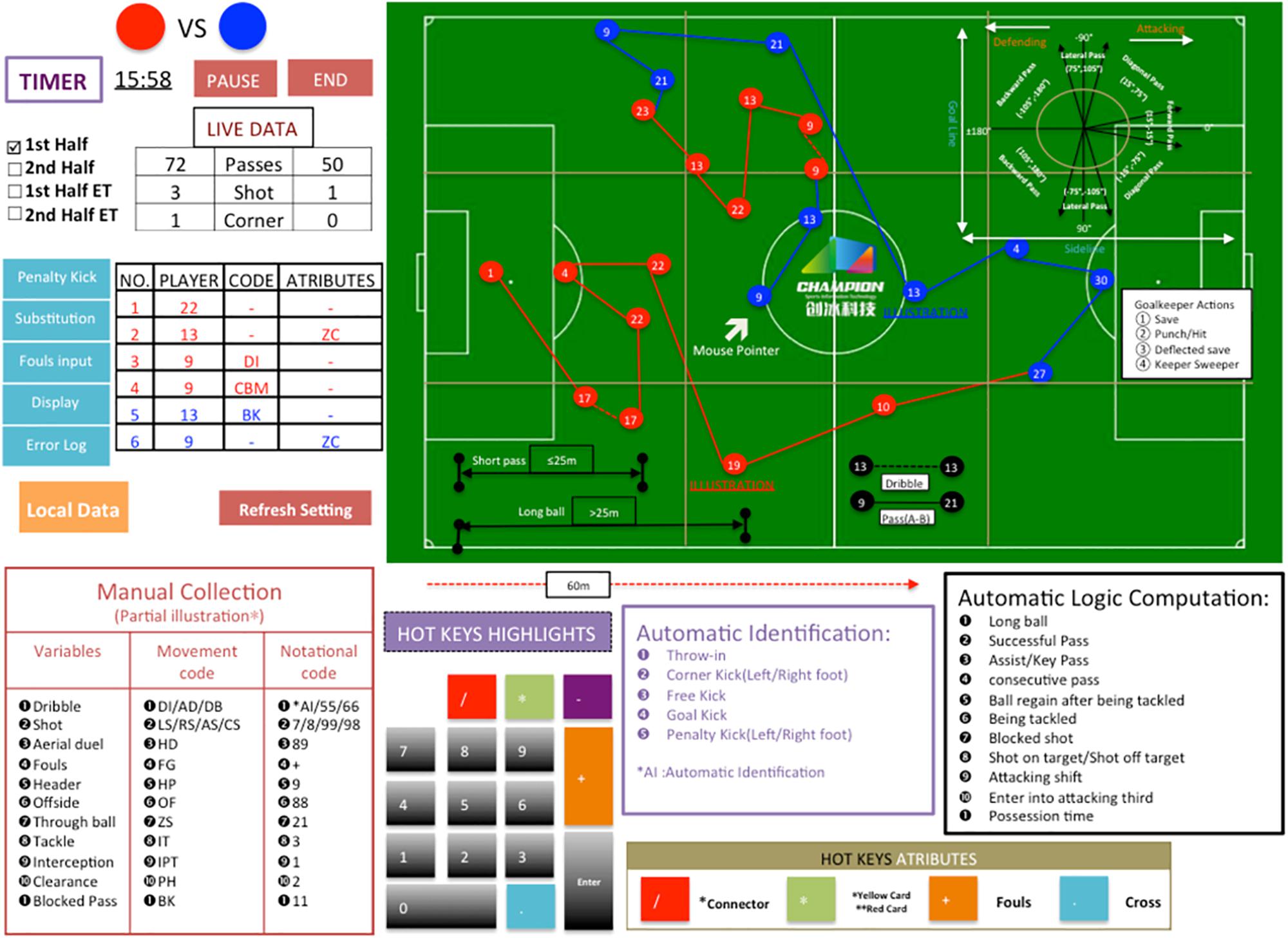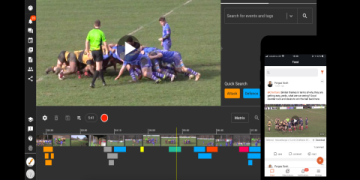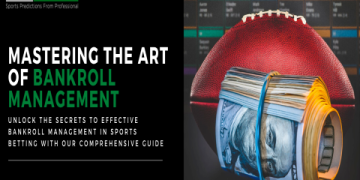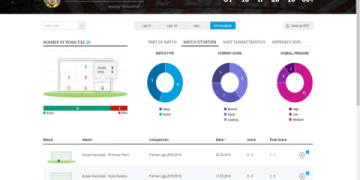A sports analyst is a professional who dissects athletic performance, team dynamics, and market trends to deliver insights that shape decisions on and off the field. Part statistician, part strategist, and part storyteller, the analyst transforms raw data—player velocities, shooting angles, salary-cap figures, fan sentiment—into narratives coaches, executives, broadcasters, and fans can act upon.
At the team level, analysts build predictive models to forecast injury risk, optimize lineups, and scout opponents. They code algorithms that quantify how a soccer midfielder’s off-the-ball runs open passing lanes, or simulate thousands of NBA season variants to advise general managers on trade-deadline moves. Broadcast analysts, by contrast, translate those numbers into plain language, using telestrators and graphics toexplain why a quarterback’s time-to-throw regressed after week eight.
Pathways into the field vary: some analysts ex-athletes who memorized playbook nuance; others are computer-science graduates who never played past high school but can wrangle petabytes of tracking data with Python and SQL. What unites them is relentless curiosity and the ability to communicate complex findings quickly—often between periods, in locker rooms, or during a live hit on ESPN.

Ultimately, a sports analyst turns the chaos of competition into clarity, giving everyone from the general manager to the casual viewer a sharper lens on why games are won, lost, and loved.









































